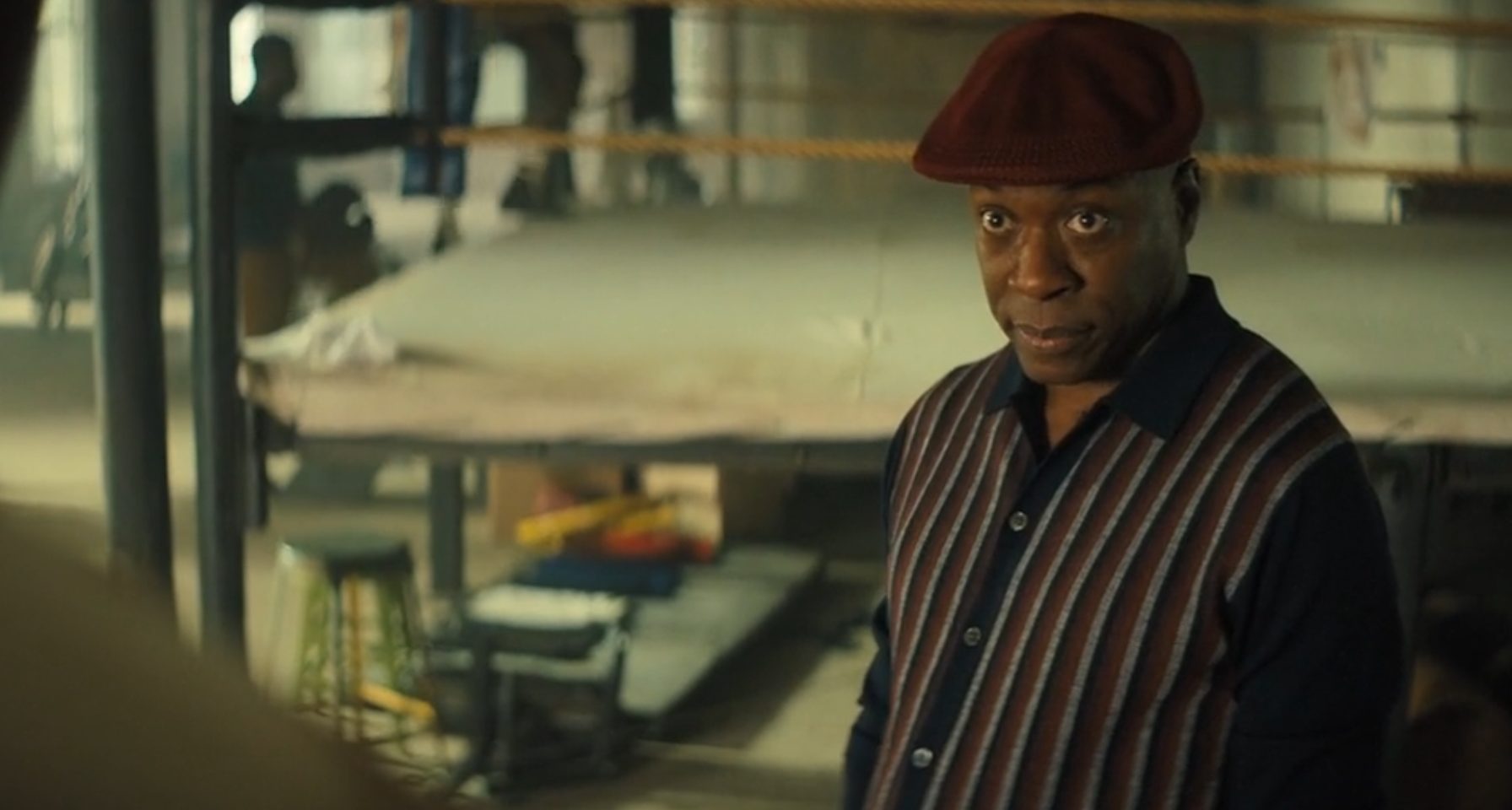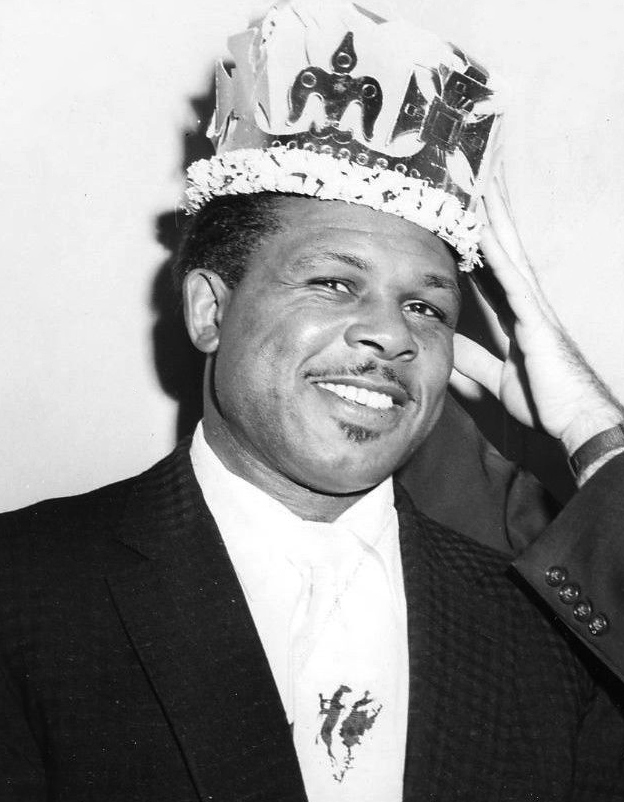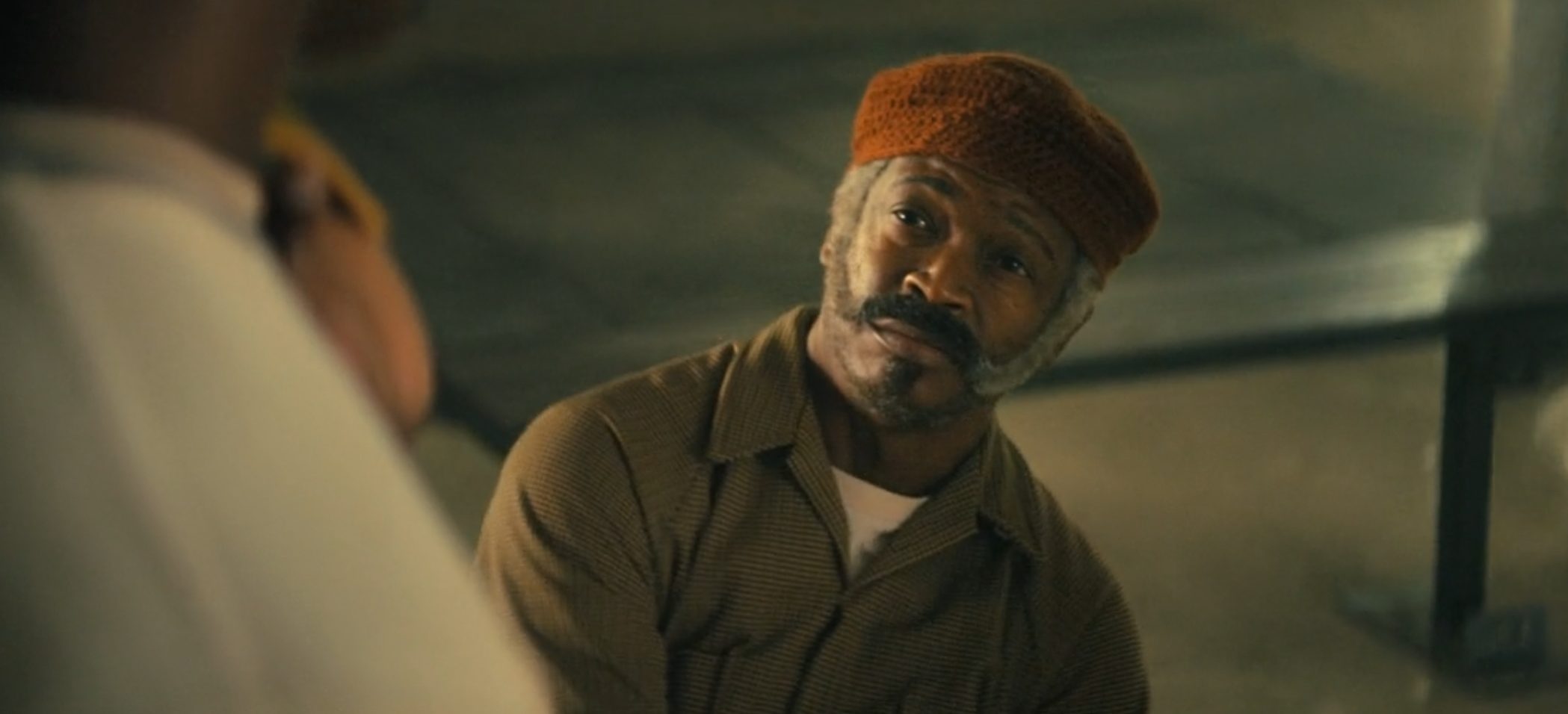‘Big George Foreman’ is a biographical sports drama that follows the life and career of the legendary boxer. The show starts from the beginning, taking us through Foreman’s difficult childhood and how he channeled his rage into boxing to become an Olympic gold medallist and a world heavyweight champion. His hard work and dedication took him to new heights, allowing him a taste of success early in his career. But he didn’t do all this alone.
Foreman is brought into boxing by Doc Broadus, who sees his potential when everyone else sees him as a menace. When Foreman gets better, Broadus introduces him to trainers Dick Sadler and Archie Moore to help him reach his best potential and become the best boxer in the world.
Dick Sadler Died a Natural Death

Dick Sadler died in 2003 at the age of 88. The reasons behind his death are not confirmed, but it was most probably due to natural causes. Sadler started training Foreman in June 1969, before his first professional fight. They parted ways in 1973 after Foreman lost the infamous “Rumble in the Jungle” to Muhammad Ali and lost his heavyweight champion title. In his book, ‘By George,’ co-authored with Joel Engle, Foreman accused Sadler of asking for $25000, which he claimed to use as a bribe to referee Zack Clayton before his fight with Ali.
The boxer also alleged that Sadler dehydrated him and gave him wrong fighting instructions to make him lose the fight. Sadler, however, claimed that Foreman’s allegations were false and that he lost the match because of “his stupidity.” It is also alleged that Ali was ready to have a rematch with Foreman if he re-signed with Sadler, but Foreman refused to do it.
Archie Moore Died Three Years After Having Bypass Surgeries

Archie Moore died on December 9, 1998, at the age of 84, in San Diego, California, where he had been admitted into a hospice a week before his death. He had four sons and three daughters from his five marriages. Born in 1913 in Benoit, Mississippi, Moore was the world light-heavyweight champion for nine years from 1952 to 1962. He had an elder sister named Rachel. His parents separated when he was a baby. He was sent to St. Louis to live with his uncle and aunt, Cleveland and Willie Pearl Moore, and he took their last name.
Moore went through a turbulent teenage, especially after his uncle’s death. He was caught stealing and sentenced to three years in reform school but was released after 22 months. He came to San Diego in the late 1930s and turned to boxing. He is estimated to have had 229 fights between 1935 and 1963, but the records are sketchy, which means that the numbers remain unconfirmed. After a perforated ulcer, he moved to Australia in 1940, where he claimed to have adopted a diet suggested by the Aborigines.
In 1943, Moore won the California State middleweight title but also lost it in the same year, following which he focused on light-heavyweight and won the world champion title at 39. He was stripped of his championships in 1962 due to disagreements with the authority. He fought his last official match in 1963 in Phoenix, Arizona, and won by a knockout. After leaving his career as a professional boxer, he turned to coaching and training other boxers, including George Foreman, Muhammad Ali, Bob Foster, and James Tillis, among others. He also coached the Nigerian amateur team for the 1976 Olympics.
Reportedly, despite his illustrious career in boxing, Moore never made the money to sustain himself because, at that time, black boxers didn’t get the money they deserved, and even when some money came along, it was channeled to other people, like managers, etc. Moore is said to have run a fried chicken business to keep himself afloat. He also worked in the 1960 film, ‘The Adventures of Huckleberry Finn,’ in which he played the role of Jim. He wanted to move away from stereotypes for black characters, so he made a conscious effort not to fall into the cliches. He had a triple heart bypass in 1995, following which his health declined, and he died almost three years later.

